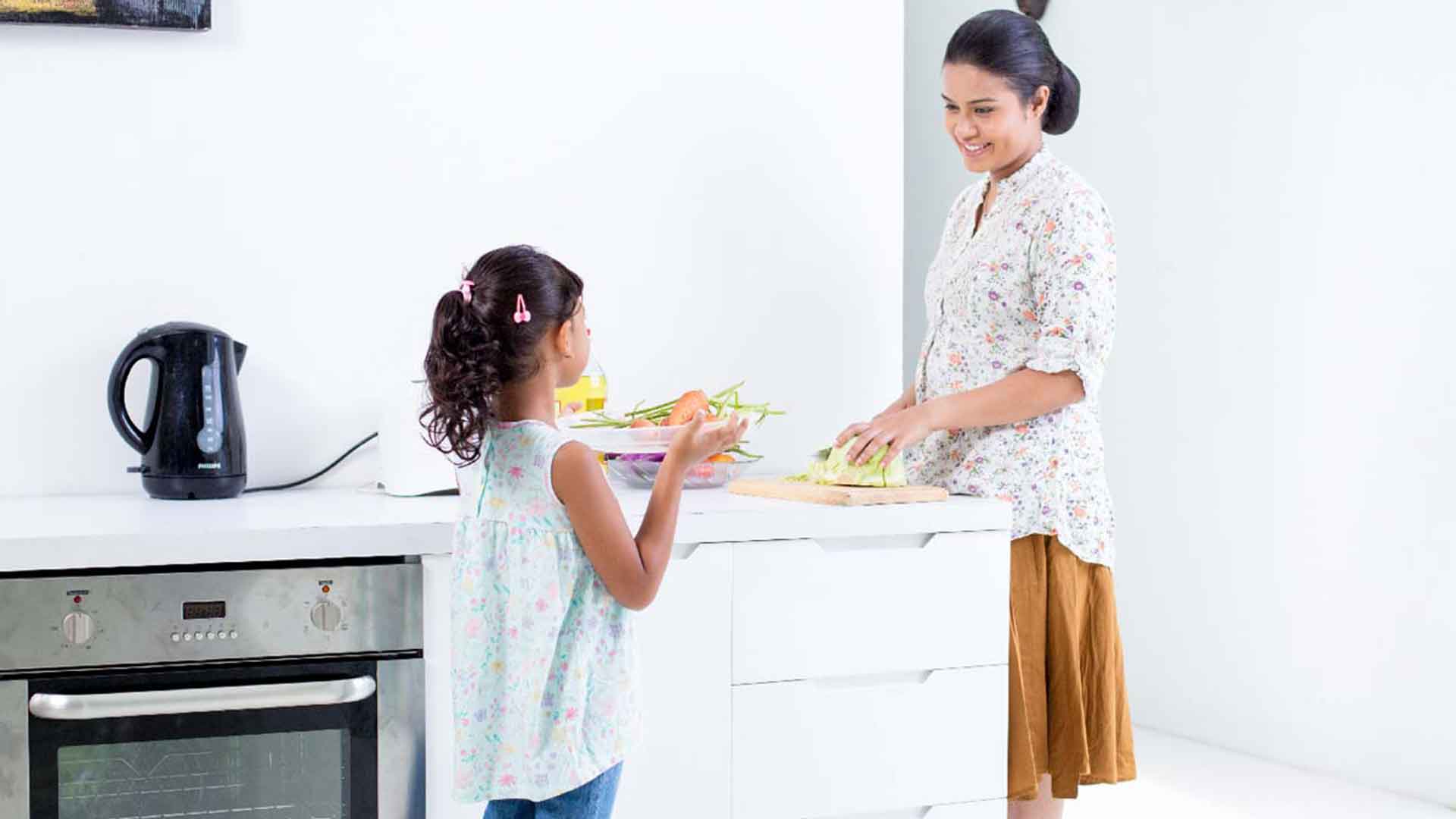























Standing Strong Standing Alone

Dinusha Manjarie Wickremesekera

Developing Independence in Toddlers
Until your toddler begins to walk s/he cannot move around independent of help – once toddlers start walking they are ready to let go of your supporting hand and ran off where they decide to go. You can see this with eating as well … they are initially unable to feed themselves but once they are able to improve the control of movement of hands and arms, and hand-eye coordination our young children are very keen to grab the spoon and eat by themselves – initially spilling everywhere but them mastering the feeding process well.
When we look at our children and say – they are growing up! What we mean is that they are increasingly doing things independently, from holding the milk bottle to choosing what to wear. Children assert their sense of independence to varying degrees as they grow up, depending on their abilities and the space allowed for them. To varying degrees, all children assert their sense of independence as they develop. As parents have to step back; watching their babies walk without holding on to their hand, watching them eat where you used to feed them, watching them master things that you might wish you could still do for them sometimes. Parenting a child amounts to leading children towards this mastery.
On an emotional level too, your child will venture a little further from you – spending longer periods of time away yet always coming back to you. Hugging you less as they get older but loving you more for being there when they have to get up from a fall. Doing things by themselves gives children a sense of accomplishment and enhances their sense of self and self-esteem.
The goal for independence is evident from a young age: to do things and make decisions by themselves. How can we as parents support this goal of “doing things for oneself” outside the influence or control of another? A sound strategy put forward by psychologist Vygotsky is to support the learning process progressively removing supports and watching as a child masters a task offering assistance as needed. Here’s how:
Set predictable routines - routines helps predict what happens next and repeated actions create habits – consistency and knowing what to expect makes a child feel safe. Within this expected framework a child knows what to expect and you could begin by assigning small tasks to help internalize how to do things. Initially your child will complete these tasks under your guidance, and then on their own.
Let your child choose - which book to read which movie to watch. During this time your child is developing critical thinking skills. Offering a choice allows your child to exercise critical thinking and you as the parent gets to set some boundaries by determining for example appropriate clothes to wear – to school or a party, but your child decides which particular dress within the provided guidelines.
Mistakes are learning experiences - we all learn through trial and error, – we just have to ensure that children are safe. Bouncing back develops resilience - Your own as a parent as well as your child’s. Talk to your child about their day, reflecting on difficult and praiseworthy moments.
Let your child express himself / herself - his / her likes and dislikes, fears and joys. Sharing opinions, listening to theirs will develop your relationship with your child as well as his sense of self and self-esteem.
Play - so important – free play, imaginary play – structured play, playing with you, playing by themselves offers them an opportunity to enact moments in a fun way.
It will be frustrating for the child, because a skill takes time to master - but this is a very important because your child is going to do this. These are going to be the first triumphant moments of “I did it!” for your child.
Share With:
Recommended Articles


Siblings Rivalry and Friendships
“...the sibling bond can be a thing of abiding love. Our parents leave us too early, our spouse and our children come along too late. Our siblings are the o...
Read More

Teaching your child to live with a heart of gratitude
We all agree with the idea that, parents hold the greatest responsibility in nurturing a sense of gratitude and respect within a child. Similarly with other...
Read More

Self-esteem and Resilience – Are they important?
Your child begins to develop his or her personality from the age they can move their bodies and do little things on their own. Development of this specific ...
Read More